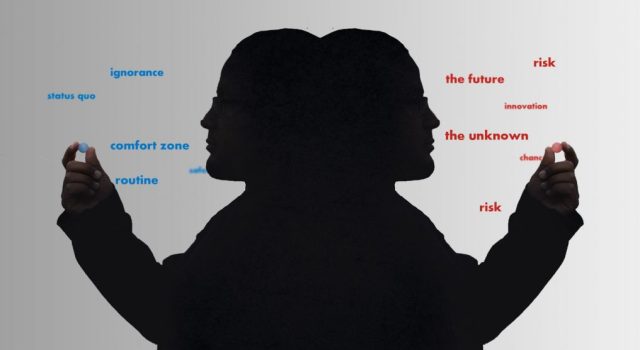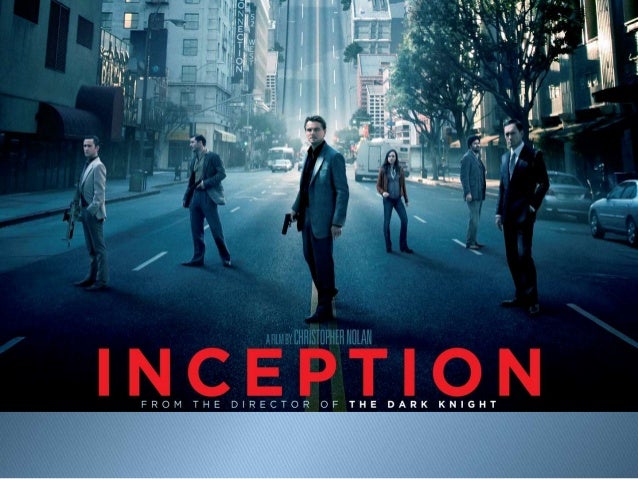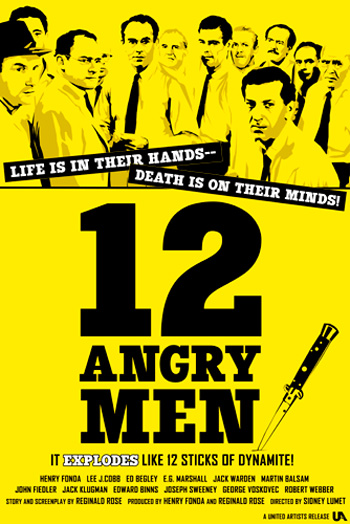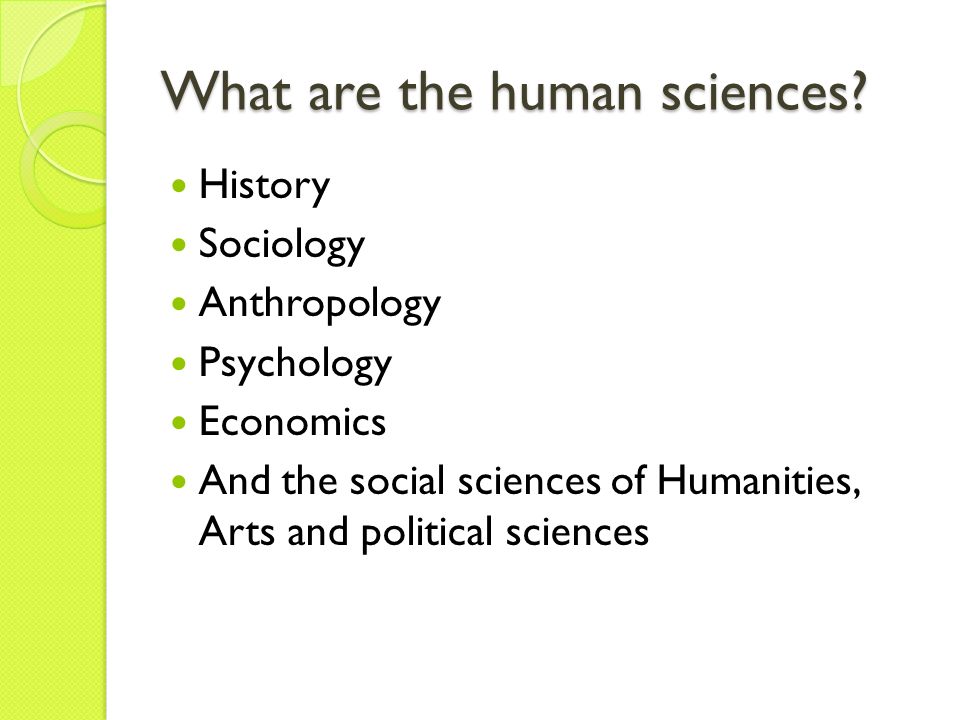1. Watch The Matrix.
2. The main character is Neo. He has many questions but is not sure who or what to ask. One person he thinks can answer them is Morpheus. Watch the scene below and consider what choice you would make.
The Matrix is a science-fiction film about humanity living in an artificial world. The planet is controlled and organised by machines, humans only think they are living their own lives because the machines make them think that. Neo has doubts about his own life so chooses to take the red pill rather than the blue which allows him to continue it. This could be difficult and dangerous but he chooses it anyway. The image below helps explain the choice he has made.

Questions for discussion
a. How happy are you with your current life? On a scale of 1 (not happy) to 10 (happy), how happy are you? Taking the red pill can also make your answer to the question become lower as well as higher so which do you choose? How do you measure happiness? Who measures it?
b. One of the IB learner profiles is to be a risk-taker but why should you be one if you are content. It is called the comfort zone for a reason! What level of risk should you take? Is your idea of risk the same as someone who cares for you?
c. Do you think you are living in the real world, a truthful one? How do you know you are not dreaming? How do you know what is real? Is this the same reality as other people you know?
d. Can the blue pill be normal life? Who judges what is normal life?
e. Where do you think you are on the scale of Blue (1) v Red (10)? Explain your choice. How did you imagine what ’10 is? Is your perception of ’10’ always going to be the same? What could change it?
f. Neo takes the red pill and his journey to his perception of truth just begins. Which ways of knowing does he use?
g. Why does Neo trust Morpheus? Who would you trust with your future? Why do you have this trust? Are you expected to trust certain people?
h. In the film, Neo does not believe in fate, his life is not predetermined. How much of your life is predetermined? Is this a good thing? Why does a person believe in fate, why not?
i. Do you really want to know the truth? You only have to read the news to see some of the bad things in the world, do you really want to know more.
And just because I like the film, I have added the following clip.
Extension
J. Would you decide to live in the Matrix or on the ship? Why? What were the influences on your decision?
K. Does the movie clip change your decision?
Other Movies



![Experimenter [DVD]: Amazon.co.uk: Peter Sarsgaard, Winona Ryder ...](https://images-na.ssl-images-amazon.com/images/I/81DC9hNUqOL._AC_SL1500_.jpg)

Education
ToK, the IB and Education
So next year, most of you will move onto the Diploma Programme or something similar. The IBDP requires you to choose six subjects and complete the Core (Extended Essay, Creativity Action Service, and Theory of Knowledge). Simple, sure! So answer the following questions:
- Why do you study Mathematics?
- Why is it important to study another language?
- Which is the most important group in the DP? Explain your answer
4. Which is the least important group? Why?
Watch the following video from 05.36 to 17.52.
Do his comments make you think of changing your answers above?
What subjects are nearly always taught?
What should be taught in schools?
When should education end? Age, time.
Who decides what should be taught in a school?
What is to be the future of education?
In twenty years time, how much of the content you are currently learning will be used?
How are you developing these answers? Which WoK are you using?
Why are there different answers to these questions, in class, between teachers, from different countries and religions? Who is right?
Resources
A New York Times article, looking at how (whether?) we can understand the climate crisis via new fiction.
Student Presentations

